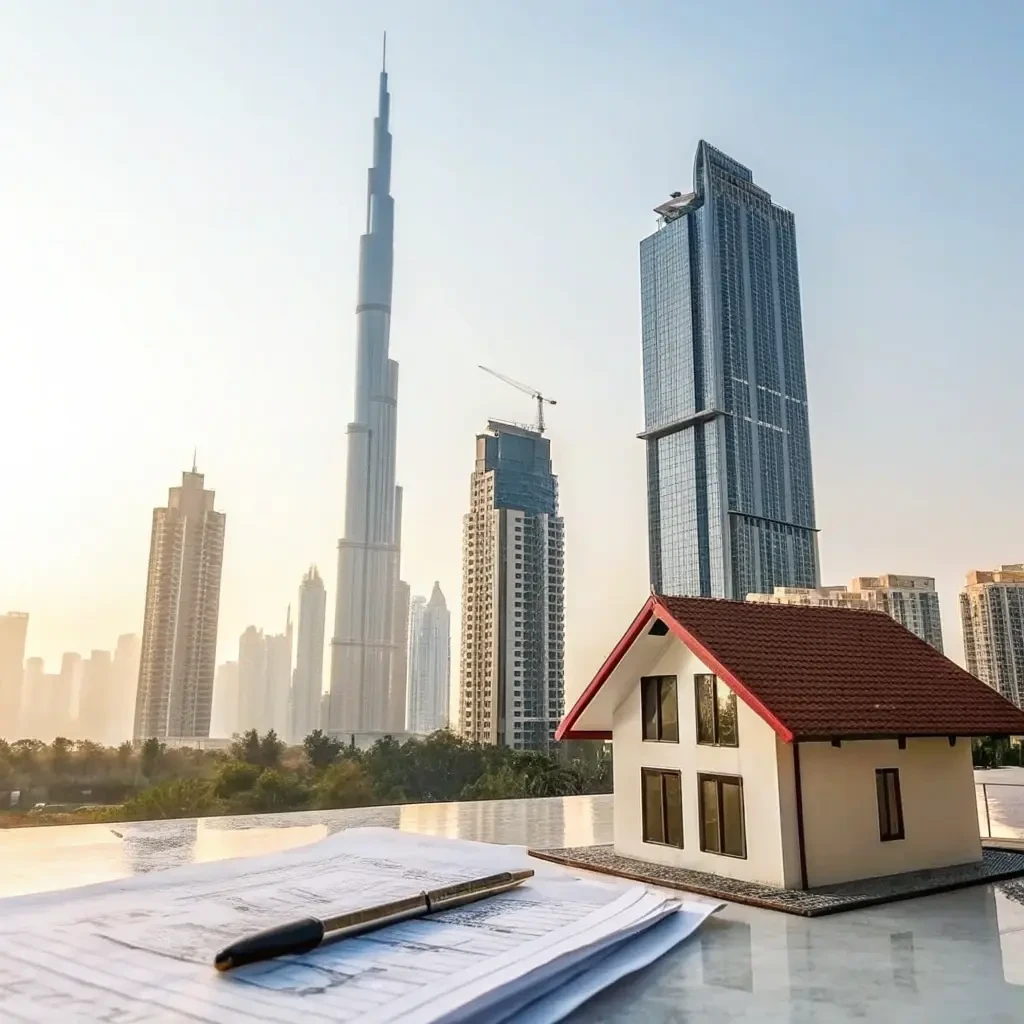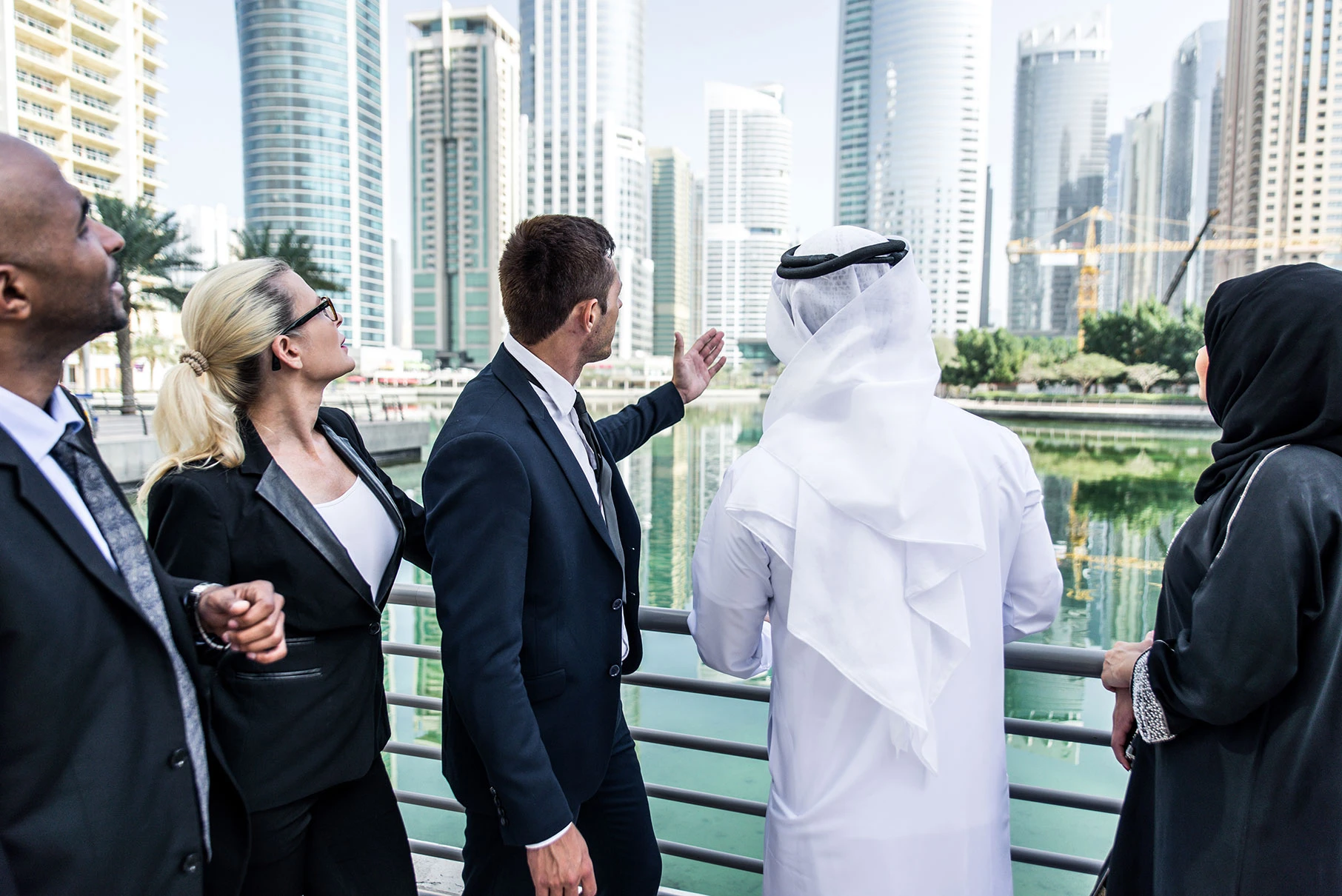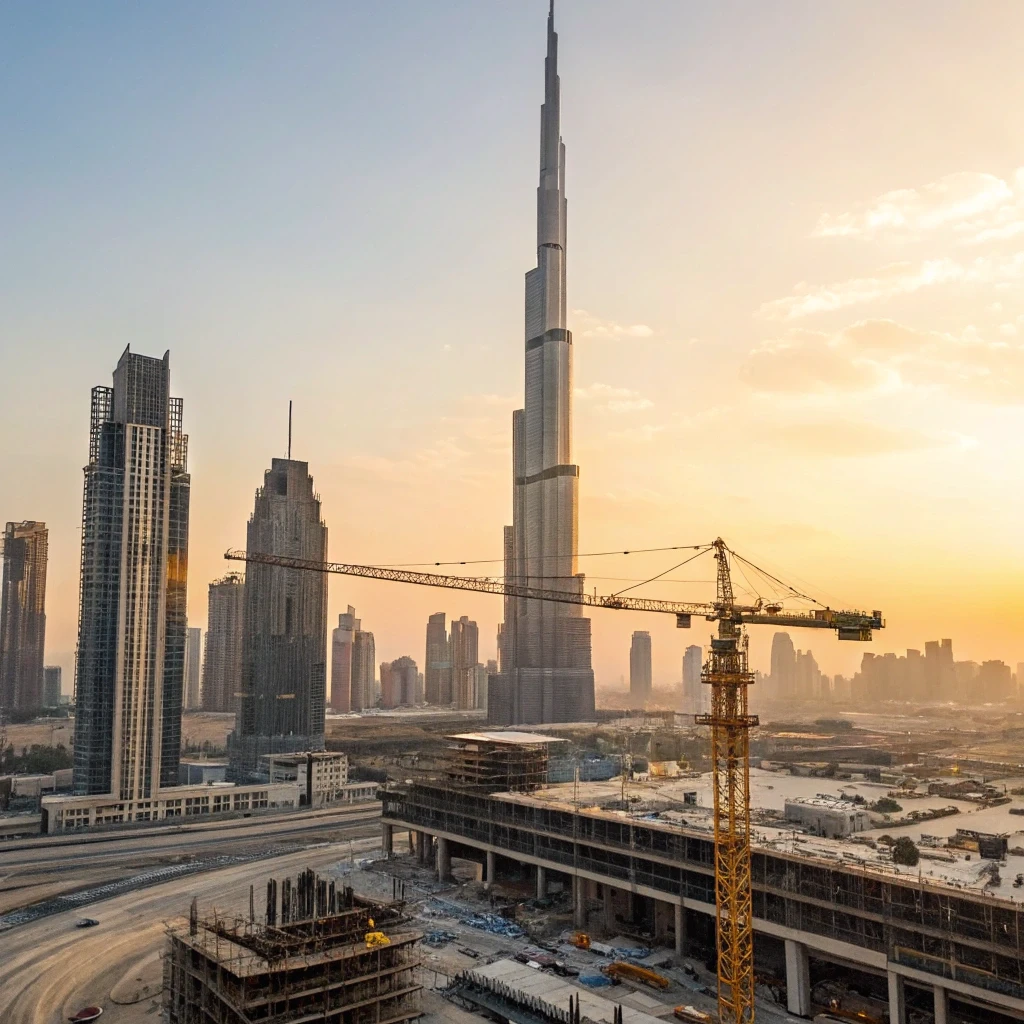Sevenx Properties in Dubai Real Estate Agency
Mistakes to Avoid When Buying Property in Dubai as a Foreigner

Why Foreigners Love Buying in Dubai
Dubai continues to be one of the most attractive destinations for foreign property buyers. With 0% income tax, high rental yields, and full ownership in freehold zones, it offers a unique mix of lifestyle and investment opportunities.
But while the opportunities are enormous, many foreign buyers make mistakes that can cost them money, time, or even legal security. Knowing what to avoid ensures that your property purchase in Dubai is both safe and profitable.
Mistake 1: Not Understanding Freehold vs. Leasehold
Foreigners can only buy in designated freehold zones. Buying outside these zones under leasehold means ownership is limited to a fixed period (often 99 years). Some first-time buyers misunderstand this and assume all Dubai properties are freehold.
Tip: Always check whether the property is in a freehold zone before committing. Popular freehold areas include Downtown Dubai, Palm Jumeirah, JVC, and Dubai Marina.
Mistake 2: Ignoring Developer Reputation
Not all developers are equal. Choosing a project from a weak or inexperienced developer can lead to construction delays, poor quality, or even legal disputes.
Tip: Verify that the developer is RERA-approved and review their past handovers. Big names like Emaar, Nakheel, Damac, and Meraas have stronger track records.
Mistake 3: Overlooking Total Costs
Many buyers only focus on the purchase price. In reality, there are additional costs such as:
Dubai Land Department (DLD) fee – usually 4%
Oqood registration for off-plan units
Service charges (maintenance of building/community)
Agency fees
Furnishing and fit-out
Tip: Factor all costs into your ROI calculation. A property that looks profitable on paper may not be once charges are included.
Mistake 4: Not Reading the Sales & Purchase Agreement (SPA) Carefully
The SPA outlines payment schedules, handover dates, penalties for delays, and your rights as a buyer. Some foreigners sign without reading the fine print.
Tip: Always review the SPA with a legal advisor. Make sure payment milestones are linked to actual construction progress.
Mistake 5: Relying Only on Promised ROI
Some developers advertise unrealistic rental returns. Believing these figures without market research is risky.
Tip: Use independent data or consult agencies like Seven X Properties to get real rental benchmarks in that community.
Mistake 6: Ignoring Escrow Protection
In Dubai, all off-plan buyer payments must go into an escrow account monitored by RERA. Some buyers, however, unknowingly transfer money directly to developers.
Tip: Never pay outside the official escrow account. Ask for escrow details before making any payment.
Mistake 7: Not Planning the Exit Strategy
Foreign buyers sometimes purchase without thinking about how they will resell or lease the property. Certain unit types (like studios with poor layouts) can be harder to rent or sell later.
Tip: Choose properties with high demand layouts (1–2 bedroom apartments, family villas in prime areas). These have stronger liquidity.
Mistake 8: Forgetting Visa & Ownership Rules
Some buyers assume that property ownership automatically grants long-term residency. In reality, only properties worth AED 2 million or more qualify for the Golden Visa.
Tip: If residency is part of your goal, plan property purchases to meet the Golden Visa threshold.
FAQs
1. Can foreigners buy property anywhere in Dubai?
No. Foreigners can only buy in designated freehold areas. Leasehold properties are available but have restrictions.
2. How much are the extra costs when buying a property in Dubai?
Expect around 7–8% of the property value in additional costs, including DLD fees, agency commission, and registration charges.
3. How do I check if a developer is reliable?
Confirm that they are RERA-approved and review their past project deliveries. Reputable developers have consistent handovers and quality track records.
4. What is an escrow account and why is it important?
It’s a government-monitored account where your payments are deposited. Funds can only be used for construction milestones, protecting buyers.
5. Do I get a Dubai visa if I buy property?
Not automatically. Properties worth AED 750,000+ may qualify for a residency visa, while properties worth AED 2 million+ qualify for the 10-year Golden Visa.
6. Can I sell my property before it’s completed?
Yes, but only if the developer allows it. Some require a minimum percentage of payment before resale. There may also be NOC or transfer fees.
7. Are service charges high in Dubai?
Service charges vary by community. Premium waterfront or luxury towers often have higher charges but also command higher rental yields.
8. What is the biggest mistake foreigners make?
The biggest mistake is rushing into a deal based on marketing promises without checking legalities, developer history, and total costs.
Frequently Asked Questions
A refundable security deposit of 5% of the annual rent will be expected to be paid on Landlords acceptance of Tenants offer to lease. This security deposit which is held by the Landlord and returned at the end of the term dependant on the condition of the property. You will need to pay your rent up front for the period of lease in the way of post-dated cheques depending on the terms of your agreement. Other costs will include 5% of the annual rent payable to the agency for commission plus 5% VAT. You will also need to budget for the deposits required to be paid for connecting your utilities such as water, electricity, televisions etc. 5% VAT is payable on services provided and will be incurred on utility charges.
A refundable security deposit of 5% of the annual rent will be expected to be paid on Landlords acceptance of Tenants offer to lease. This security deposit which is held by the Landlord and returned at the end of the term dependant on the condition of the property. You will need to pay your rent up front for the period of lease in the way of post-dated cheques depending on the terms of your agreement. Other costs will include 5% of the annual rent payable to the agency for commission plus 5% VAT. You will also need to budget for the deposits required to be paid for connecting your utilities such as water, electricity, televisions etc. 5% VAT is payable on services provided and will be incurred on utility charges.
To rent a property in Dubai, you generally need the following documents:
- A valid Emirates ID or passport for identification
- A residency visa
- A tenancy contract is a legal agreement between the tenant and the landlord outlining the terms and conditions of the rental agreement.
- A security deposit, which is typically equivalent to one month's rent
- Cheques or proof of payment for rent and any other fees associated with the rental agreement
- Ejari
In Dubai, the responsibility for paying service fees for a property is determined by the rental agreement between the tenant and the landlord.
In most cases, the landlord is responsible for paying the service fees. However, in some cases, the rental agreement may state that the tenant is responsible for paying a portion or all of the service fees. This would depend on the specific terms of the rental agreement.
The length of the contract can vary, but it is typically for a minimum of one year. However, landlords and tenants can agree to a longer-term contract if they want.






